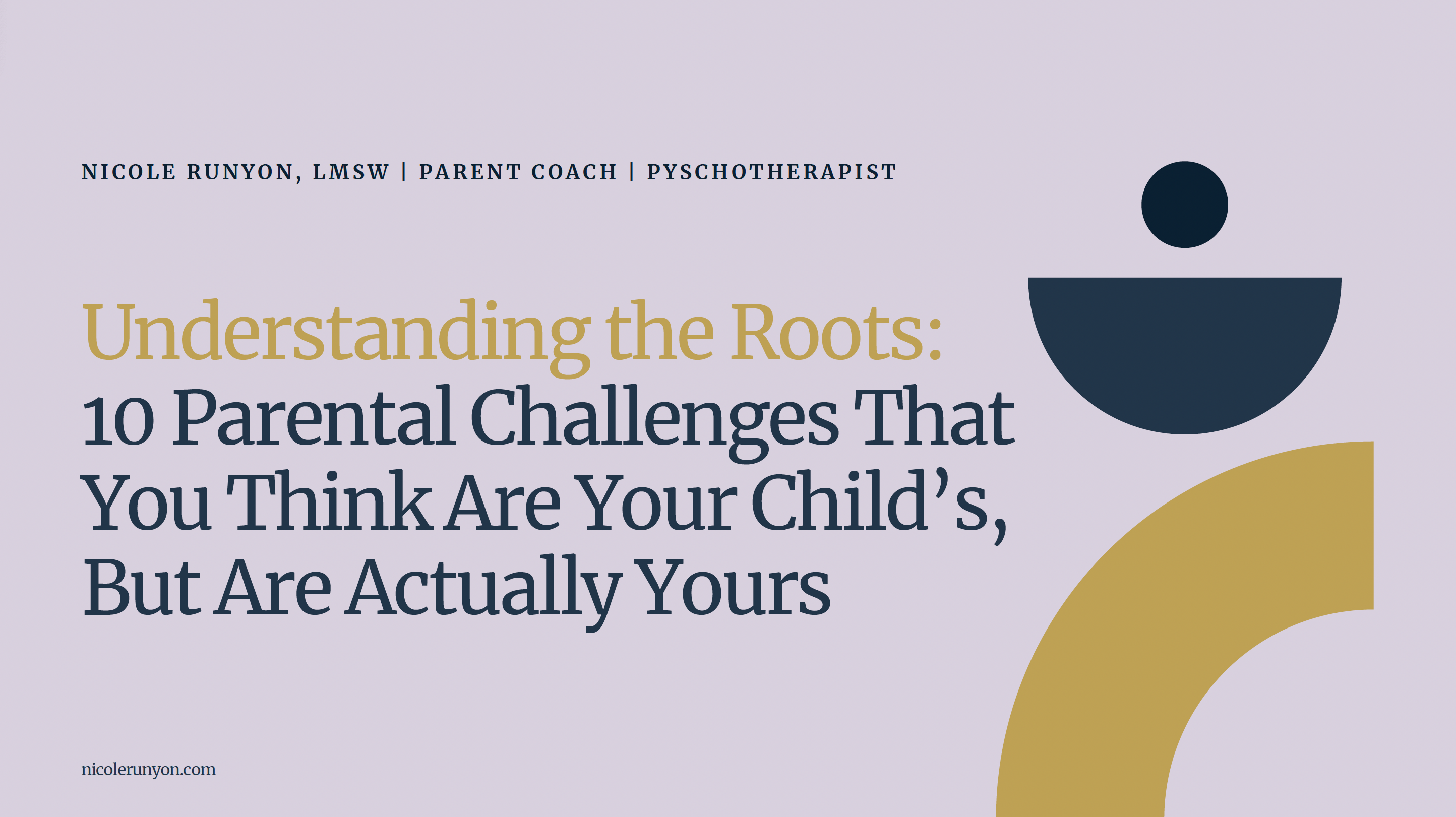Who is the iGeneration?
The iGeneration constitutes the generation born after 1995. Under this umbrella are Generation Z (1997-2012) and the Alpha Generation (2012-present). This cohort is unique in the sense that both generations are growing up with exponentially more technology in their day-to- day lives, particularly with the influence of social media. Coupled with social media, the culture of parenting in this generation is geared toward making children comfortable and happy.
How does social media cause depression?
Recent research shows there is a direct causality of depression, self-harm, and suicidal outcomes in adolescents from social media use. The social network is virtual, it’s not real, and it’s not authentic. Even though we are aware of this, we have a deep need for connection. That need is so powerful that it becomes addictive online because we never get enough validation, which we mistake for connection. Since socializing online is not real, we try and fill a void to no avail because it’s not a real connection. Feeling good from the validation social media can bring is temporary. I often see adolescents who develop emotionally-manipulative, attention-seeking behaviors in the real world from constantly seeking it out in the virtual world. Except in the real world, it’s harder to get, and the attention- seeking behavior leads to depression.
Children and adolescents of today have more access to a social network than any other generation but they’re also more lonely, depressed, and suicidal.
How does the culture of parenting fit into this?
Today’s parents struggle to be uncomfortable with their own feelings. As a result, they are unable to allow their children to be uncomfortable with theirs. The culture of parenting today is one in which parents overcompensate for children who don’t want to face adversity and do the hard work to overcome it. Parents strive to make their children’s lives easier by doing things for them. This is creating a generation of children who look for the easy way out of such things as socializing with peers. Socializing is extremely uncomfortable for children and adolescents. They are uncertain of themselves, are just learning who they are, and must contend with what others think of them. It’s important to their development that they work through the discomfort of uncertainty in themselves, not avoid this process behind a screen, as avoiding leads to depressed feelings that get stuck.
What can parents do?
Parents can work on allowing themselves to be uncomfortable with their children’s discomfort. This will require parents to be cognizant of their own social media usage. Less social media for parents means a better connection to themselves and their children in real-time. If parents can connect to the nuances of their feelings, they will model for their children that allowing themselves the discomfort and painful feelings can lead to building a sense of trust and agency in themselves that feels good. The more children feel good intrinsically, the less they will seek validation outside themselves to feel good, something they will never find on social media.


